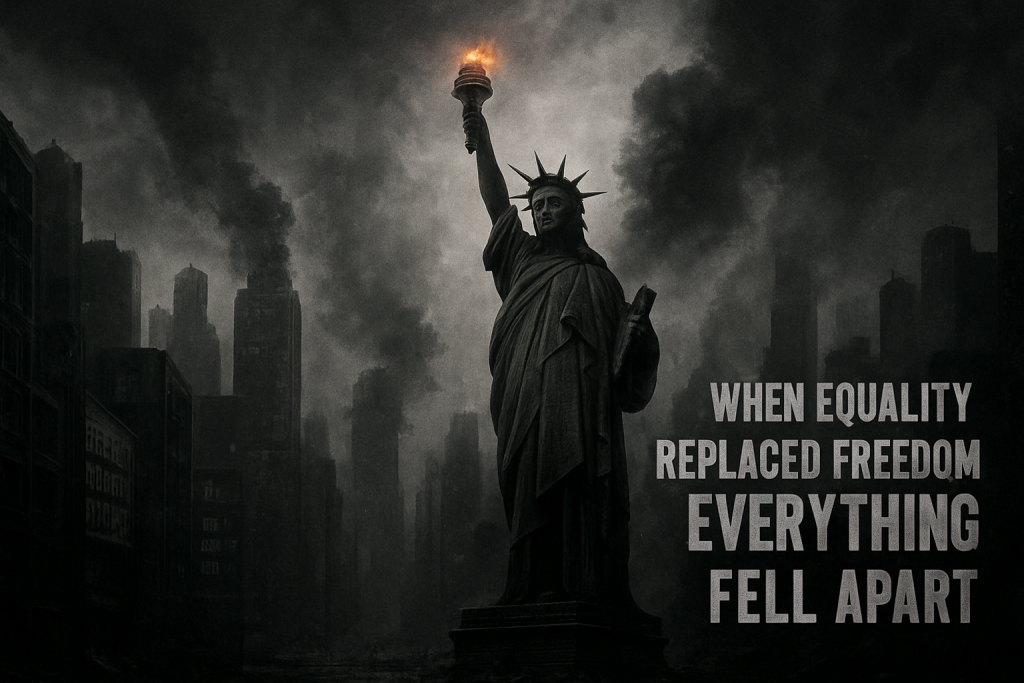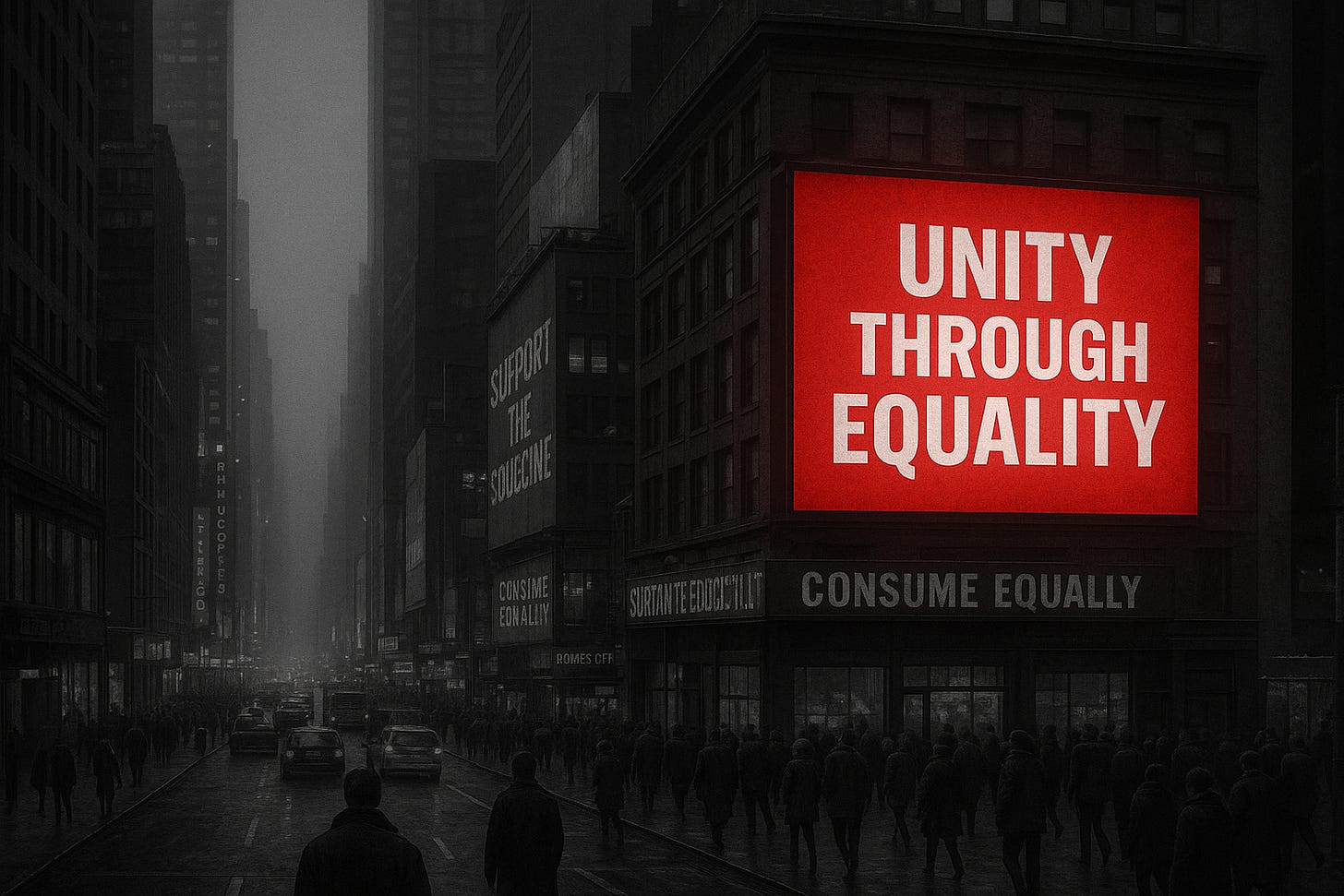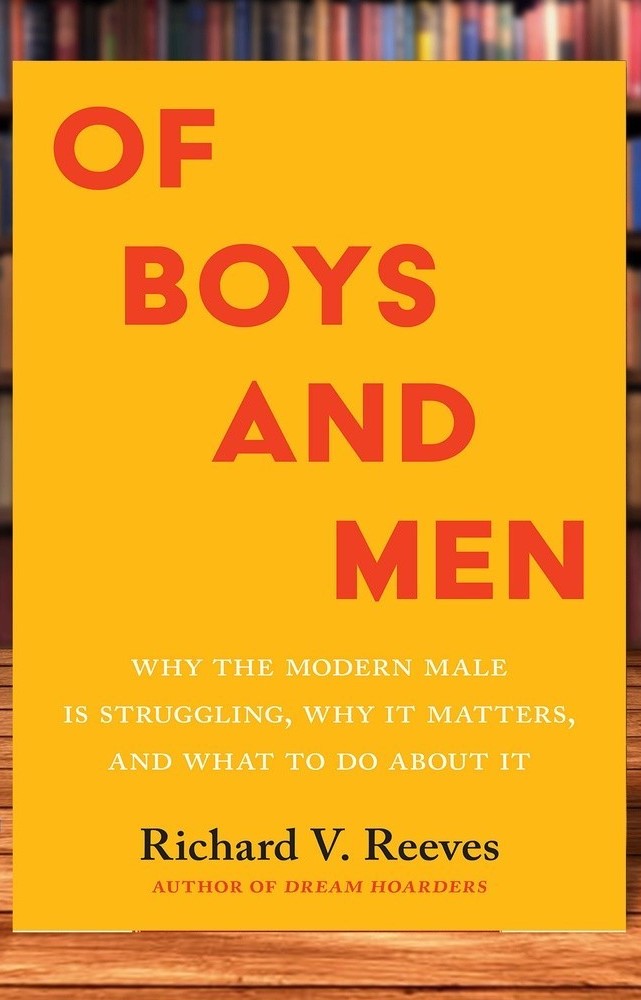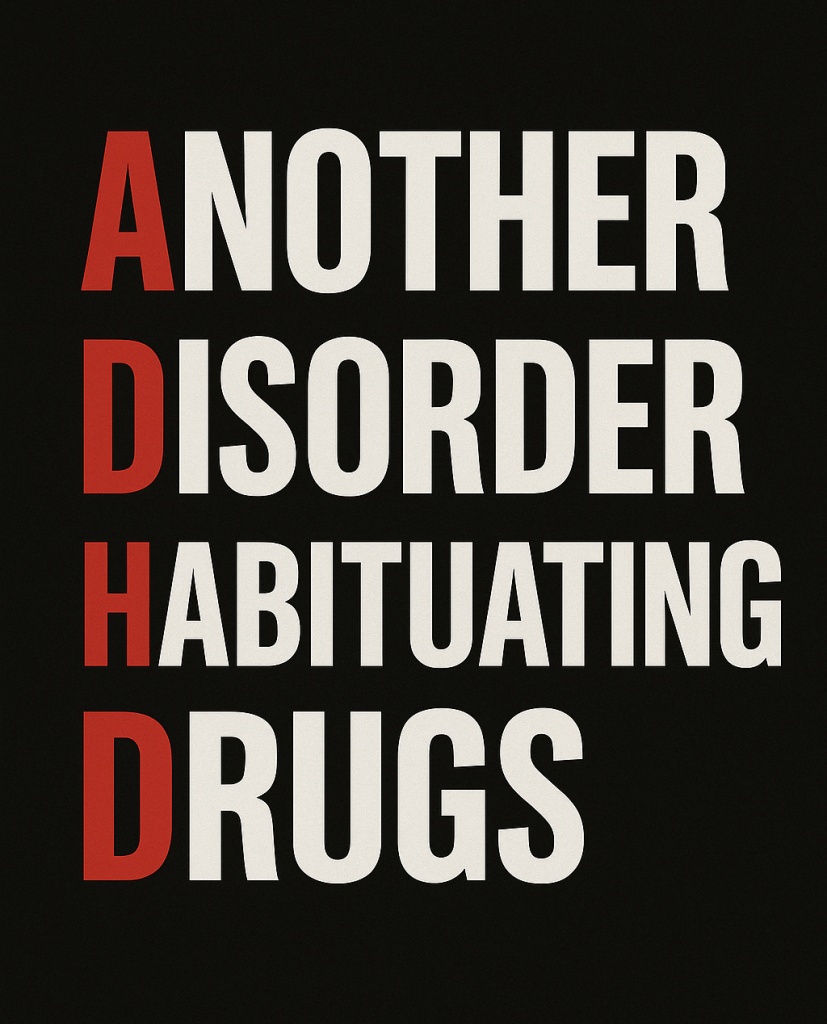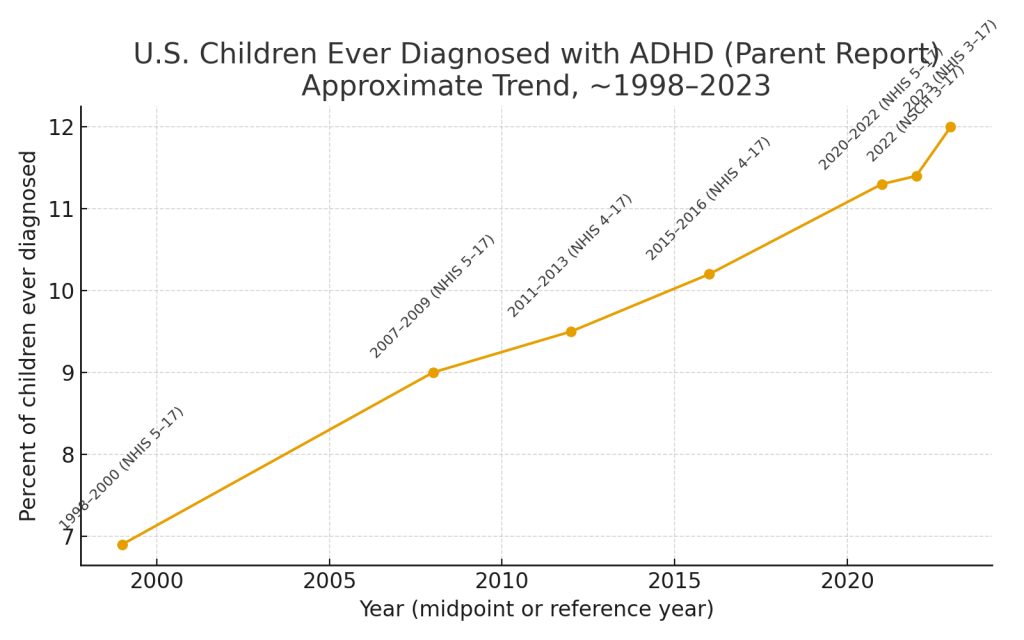You Can Ignore History, But it Will Still Send You the Bill
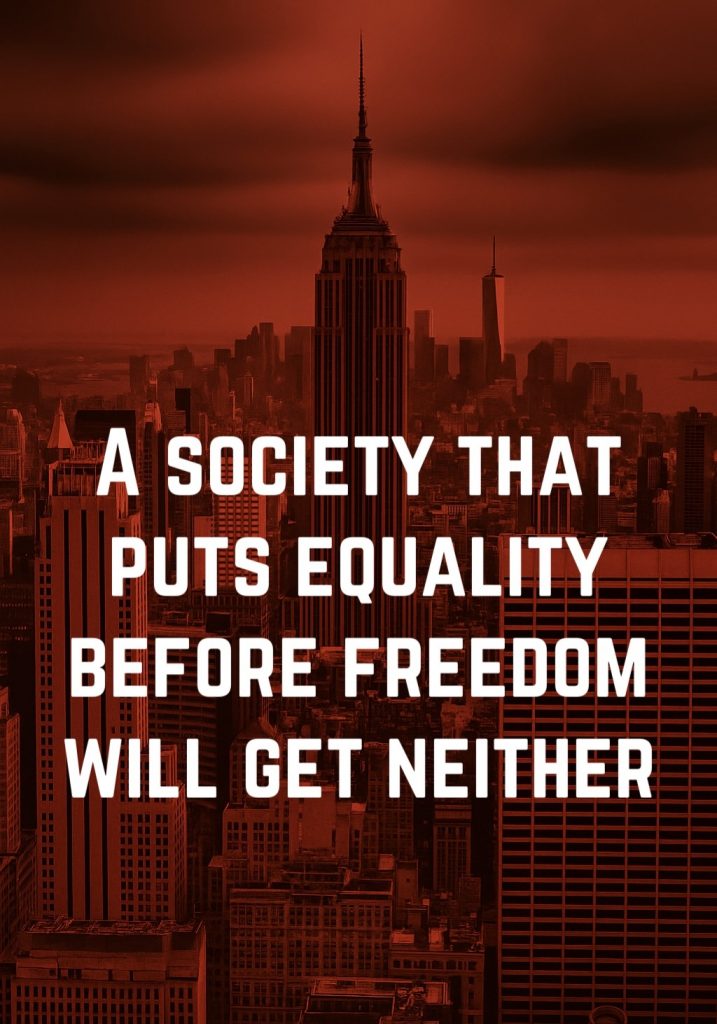
- Jesus Targeted Hearts, Not Systems
- The Freedom of Limits
- Single Awareness Day
- I Forgive You
- Information Correctly Examined
Woke up, had an omelet, cup of coffee, and realized, I chose every bit of that. That freedom is under attack in front of our very eyes.
How did we get to a place where we are having to remind people the disastrous outcomes of socialism? Primarily because the newer generations did not learn about the ills of the socialism. They learned about how awesome it is. They apparently left out the part where it has yet to work anywhere in the world at any time in history. Pretty big thing to leave out. And they’re afraid to admit the connection between socialism and communism.
There are two primary issues I want to discuss here so that we understand that socialism is the gateway drug to communism and why so many are concerned that New York has embraced communism:
- Socialism and communism are almost interchangeable
- Understanding New York’s own history with socialism.
Let’s briefly take a look at the differences and similarities between socialism and communism.
Differences
Definition
- Socialism: an economic and political theory where the community or state owns and controls the means of production, such as industries and natural resources, rather than private individuals or companies. The central idea is that this collective ownership will lead to a more equitable distribution of wealth and a more egalitarian society, with an emphasis on cooperation and social welfare.
- Communism: a political theory derived from Karl Marx, advocating class war, aiming for a stateless, classless society and leading to a societal system in which all property is publicly owned, and each person works and is paid according to their abilities and needs. (You can find the differences here, but you have to squint).
Government role
- Socialism: The state plays a central role in regulating or owning industries.
- Communism: The state is meant to eventually “wither away,” leaving no private property, class distinctions, or government at all. (So they regulate their way into total domination, got it)
Economic Role
- Socialism: Redistribution of wealth to reduce inequality.
- Communism: Total equality. No private ownership, no classes, no money. (distinct but the same result; reduce inequality means total equality)
Transition Stage
- Socialism: Marx viewed socialism as the transitional phase between capitalism and full communism.
- Communism: Communism is the final goal after socialism’s “temporary” government control. (so socialism is the gateway drug for communism, got it)
Similarities
Despite their subtle theoretical distinctions, both systems share several key principles and outcomes:
- Collective Ownership: Both reject private ownership of the means of production.
- Class Struggle Narrative: Both view history as a struggle between the rich and poor (bourgeoisie vs. proletariat, insert any binary friction here).
- State Control: Both rely on government control or heavy regulation of the economy to achieve equality.
- Wealth Redistribution: Both prioritize economic equality over individual liberty or market freedom.
- Hostility Toward Religion and the Family: Marx and later communist regimes often viewed religion and the traditional family as tools of oppression that distract from loyalty to the state or the collective. Religion in socialism is seen as selfish and not conducive to an equal society.
- Outcome in Practice: Both tend to centralize power in the hands of a ruling elite, suppress dissent, and produce economic stagnation.
Now that we’ve connected the dots of socialism and communism, let’s look at the argument for socialism’s (communism) implementation into the U.S., including where it has worked and not worked, the comparison to Nordic countries, and New York’s own history with socialism.
Where it has been tried, in various forms, and failed:
- Soviet Union (1917-1991). Over 20 million dead as a result.
- Maoist China (1949-1976) Over 45 million dead as a result.
- Venezuela (1999-present). 7 million citizens fled
- Notable mentions: Cuba, North Korean. (They’re really doing great these days)
Where it has worked:
Literally nowhere. Except in areas of Nordic countries. Nordic? I’m glad you brough that up.
The Nordic Comparison
Sweden (among other Nordic countries) is often hailed as the standard the U.S. should follow. They have about 10 million citizens. The U.S. has over 330 million. Sweden is highly homogenous. Very little diversity in culture, job market, and existential views. Comparing Sweden to the U.S. directly as national systems is like comparing a neighborhood to a continent. You can’t expect the same mechanisms of trust, coordination, and scale to behave identically. The diversity alone in the U.S. is enough to rule out anything that resembles voluntary, adequate, and consistent contribution to society. So that argument is out.
When Soft Socialism Collides with Hard Math
Then there’s New York. The city under the spotlight. The newest socialist experiment. But it’s not the first time New Yorkers tried socialism.
During the 1960s, under Mayor John Lindsay and the influence of progressive policies, New York City embraced what some economists call “municipal socialism.” The city expanded social services at a breathtaking pace:
- Free college at CUNY.
- Subsidized housing.
- An exploding welfare system. By 1975, one in seven New Yorkers was on welfare.
Government employment and unionized city workers grew massively. Each new program was justified as “helping the people,” but they were funded not by growth in productivity, but by borrowing.
By the early 1970s, the rich and the productive were leaving, taking the tax base with them. By 1975, the city had racked up over $10 billion in debt (massive for the time) and was unable to pay its bills.
The Emergency Financial Control Board cut spending, froze wages, and privatized some services. Essentially reversing the socialist policies that caused the crisis. You mean, socialism didn’t work? Socialism has NEVER worked. But it gets worse.
Public services were slashed, police and firefighters were laid off, and whole neighborhoods descended into chaos. Arson for insurance schemes became common. Garbage piled up. Crime soared. The city looked like it was collapsing.
The mindset that led to the collapse was ideological. It left the arena of belief and was now more inculcated, indoctrinated, and innate that government could solve every problem through redistribution, and that private enterprise would always just pay for it.
That’s the core socialist assumption: the producers will keep producing, no matter what you tax, regulate, or redistribute.
Well they didn’t.
As economist Milton Friedman put it:
“New York City is a beautiful illustration of exactly these effects. New York City is the most welfare state oriented community in the United States. It has gone farther in the direction of governmental involvement in attempting to do good than any other city or state.”
“The first defect is trying to do good with someone else’s money.”
New York’s 1970s collapse is a cautionary tale about the seductive promise of endless compassion through government. Compassion without discipline becomes dependency. Generosity without growth becomes insolvency.
The socialist impulse to help everyone is noble in spirit but disastrous in execution because it severs the link between effort and reward. Remove merit, remove individuality. Remove individuality, you remove hope, exploration, creation, discovery, and innovation. Basically everything America stands for. New York’s brush with bankruptcy was their way of learning the hard way that utopian economics always ends with arithmetic. We now question who learned.
Conclusion
In the late 1970s, New York’s economic collapse didn’t just cripple one city, it sent shockwaves through the entire country. History is knocking again. Make no mistake, the same script will play out. The same smug belief that good intentions can replace basic economics will bring the empire to its knees. It destroyed New York once, and it’s about to do it again.
Every time government is handed more power, tyranny marches in. Every time feelings replace reason, chaos follows. And every time socialism has been tried, Every. Single. Time., it collapses under the weight of its own delusion.
New York City is sleepwalking toward the same cliff it fell off of half a century ago. Only this time, there may be no one left to catch it. The rest of us will have to watch as the “City of Dreams” becomes a slow-motion nightmare proving, once again, that socialism doesn’t save societies. It destroys them.
I started this out talking about my omelet breakfast. I’ll leave you with this, since you made it this far without your stomach growling from hunger enough for you to stop reading: Walter Duranty, a pro-Stalin journalist, once defended Soviet terror in discussion with George Orwell by saying, “You can’t make an omelet without breaking eggs.” To which Orwell replied, “So where’s the omelet?”
Great, now I want more eggs! Thank God I don’t have to get them rationed from the government… yet.
Stay Classy GP!
Grainger


